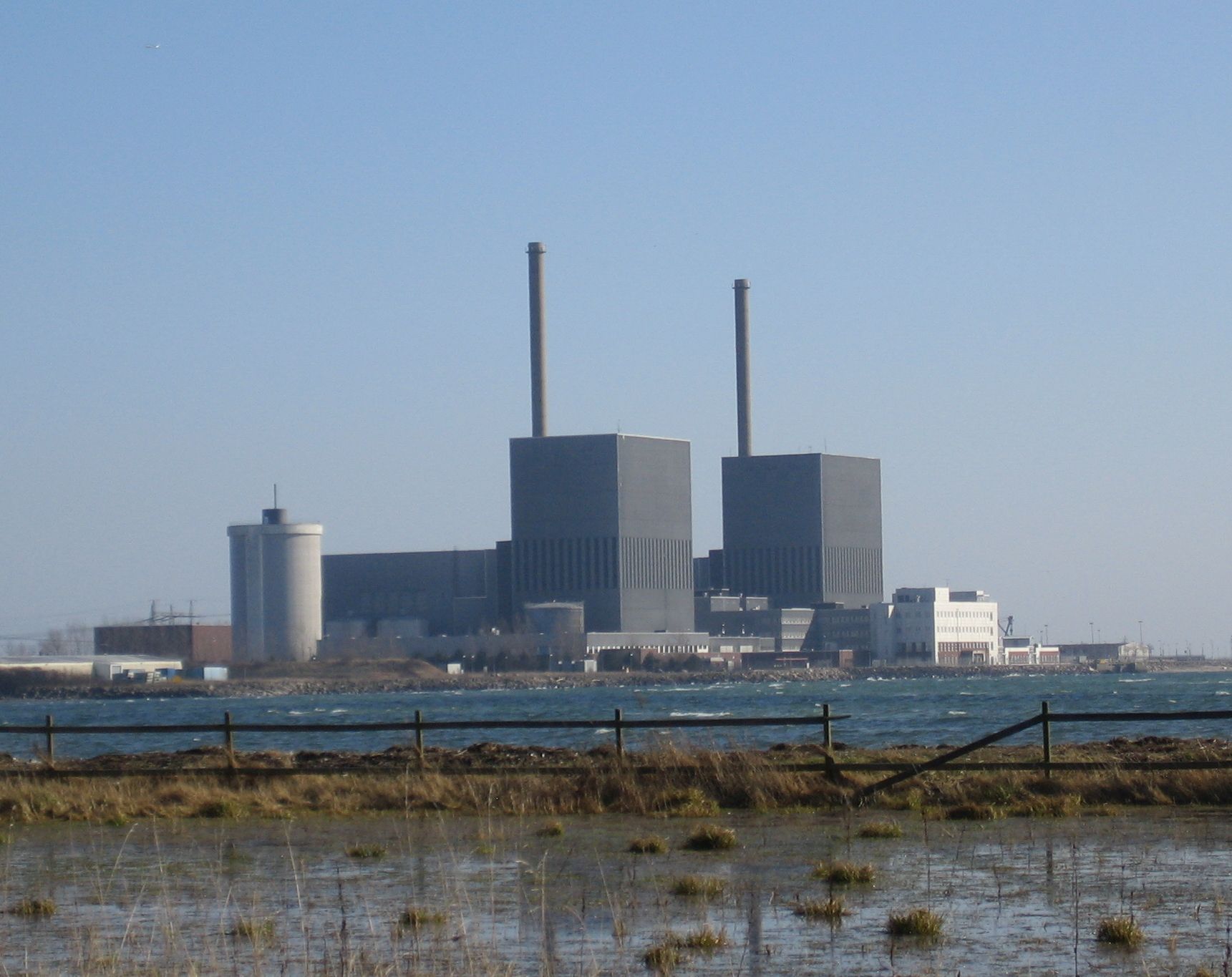For many years, there has been no real debate about nuclear power in Denmark.
Despite the surge after the oil crisis in the 1970s, the opposition among Danes was so great after the accidents at Three Mile Island in the USA and Chernobyl in the Ukraine in the 1980s that no one really wanted to invest political capital in energy extraction in Denmark.
But it’s all about to change.
Over the weekend, first Moderaterne and then Venstre announced that they want the 1985 ban on nuclear power lifted.
An interesting conflict to watch
That’s two out of three government parties. That bodes for an interesting conflict, because the third and largest government party, the Social Democrats, is not in favor of nuclear power.
“Venstre is working to abolish the ban from 1985, which means that nuclear power must not be included in Danish energy planning. At the same time, we will work to remove any barriers to research into nuclear power technologies in Denmark,” the leader of Venstre, Troels Lund Poulsen, writes in a comment to Ritzau.
Since other right-wing parties such as Liberal Alliance, Konservative and Dansk Folkeparti are also in favor of abolishing the ban, they have called for a debate in Folketinget with a proposal that the ban on nuclear power be lifted.
“We want to strike while the iron is hot and get over the hump now,” says Liberal Alliance climate spokesman Steffen Frølund to Ritzau.
Fear of radioactive disasters
Nuclear power has been banned in Denmark for 40 years after Folketinget decided that the technology should not be included in Danish energy planning.
This happened against a backdrop of fear of radioactive disasters and large public protests.
Since then, the debate has developed significantly and today it is largely about profitability. The discussion is about whether it is too expensive, slow and incompatible with Denmark’s energy system.
Several parties want this thoroughly investigated in a separate commission.
“We need to have thought it all through and highlighted all societal considerations before we can say whether it makes sense or not,” says Steffen Frølund to Ritzau.
Like other left-wing parties, the Social Democrats want to focus on wind and solar energy.
20 years ago, Sweden closed the Barsebäck nuclear power plant just 20 kilometers from Copenhagen.
Today, however, the technologies used to develop nuclear power are different, according to Venstre.
Opportunities Danish companies
Troels Lund Poulsen points out that by lifting the ban on nuclear power, one can provide better opportunities for developing Danish companies’ test facilities in Denmark.
“Nuclear power is a green energy source that already plays a major role in the European energy system, and that the world needs if we are to achieve global climate goals and ensure stable and cost-effective energy supply,” Troels Lund Poulsen tells Berlingske.
He also sees nuclear power to free itself from dependence on gas from Russia, which has been waging war against neighboring Ukraine for over three years.
“The uncertainty in the world means that more than ever we need stable, cheap and, not least, green energy. Therefore, we should not rule out green technologies in advance that can make access to green energy more accessible,” says Lund Poulsen.
In recent years, interest in nuclear power has increased due to plans to make Denmark climate neutral and more self-sufficient in energy.
Several opinion polls have shown a majority in favor of introducing nuclear power in Denmark.















